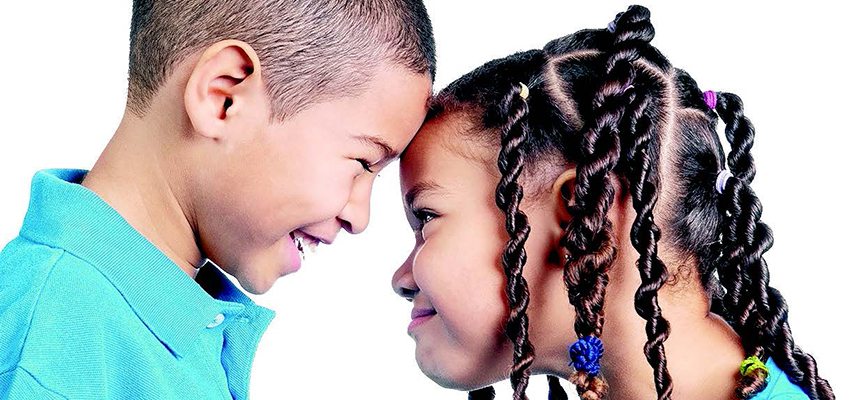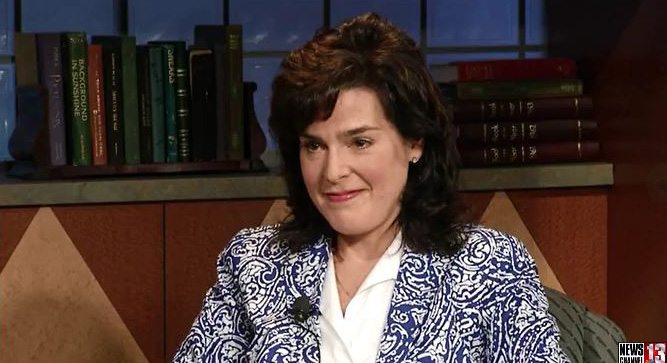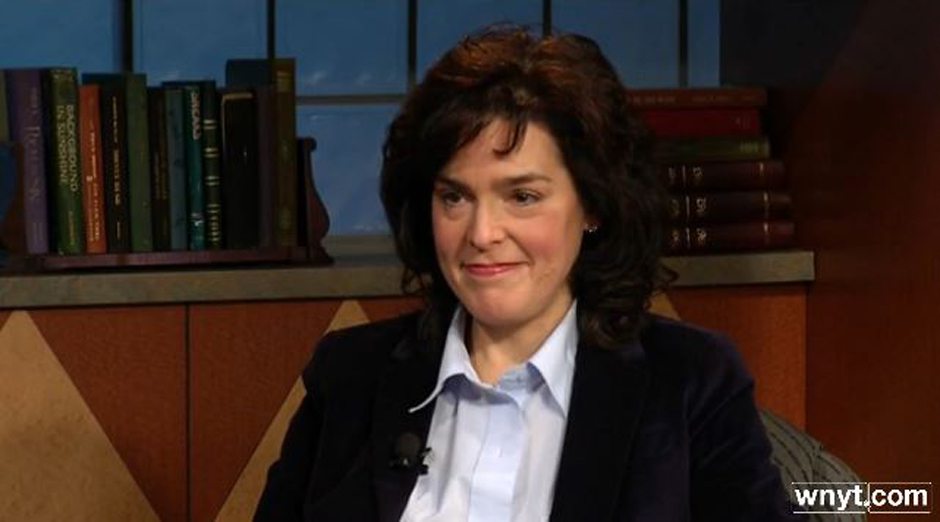
[This piece was written by Diane Tenenbaum, MD, of St. Peter’s Children’s Health Center.]
Next to parents, one of the strongest influences in a child’s development is their relationship with a brother or sister.
Having siblings requires the child to learn about sharing and cooperation. Children also learn many skills directly from their older siblings. It’s commonplace for a younger child to learn letters and numbers from an older sibling. Emotional milestones, such as dating, are often influenced by the example set by an older brother or sister.
Older siblings can also set an example of how younger children learn to be an adult and a parent. By watching siblings and how they get along with their parents, children can try out different behaviors. If mom or dad react with disapproval, the junior sibling is less likely to make the same mistake.
When sibling temperaments fit well together, the siblings can be a powerful team. When sibling temperaments clash, however, the children can find themselves living with companions with whom they have little in common.
There are several ways parents can create harmony and settle conflicts between siblings:
- Don’t play the blame game. Focus on defusing a conflict — by separating the children or removing the source of a conflict — instead of playing judge and jury on who started an argument.
- Make each kid feel secure. Siblings often fight for your attention, so help them feel confident in your unconditional love, no matter what their behavior or feelings.
- Encourage sibling loyalty and companionship. Compliment your kids whenever they show empathy or consideration for one another.
- Set house rules. Keep them simple: no shouting, no hurting, no name-calling, no taking someone’s stuff without permission. Emphasize a zero-tolerance policy for physical or verbal aggression.
- Teach your kids to handle their feelings. Show them how to resolve a dispute, such as taking turns, counting to ten, or walking away before things escalate.
- Let them work it out themselves. Sometimes you have to intercede and play referee, but don’t feel you need to solve every dispute. Part of the way children learn conflict resolution is by practicing those skills with their siblings.
When siblings don’t get along, or are distant, parents often feel that they have failed in some way. But sibling conflicts are common. By nurturing feelings of loyalty and support among their children, parents can take satisfaction in having created a strong family.
St. Peter’s Children’s Health Center (1092 Madison Avenue, Albany – 525-2445) offers a complete range of services for children from newborns to age 18. Services include well-child routine care, sick child exams, school and camp physicals, sports physicals, immunizations, health maintenance and education, and access to other hospital services and referrals to specialists.





